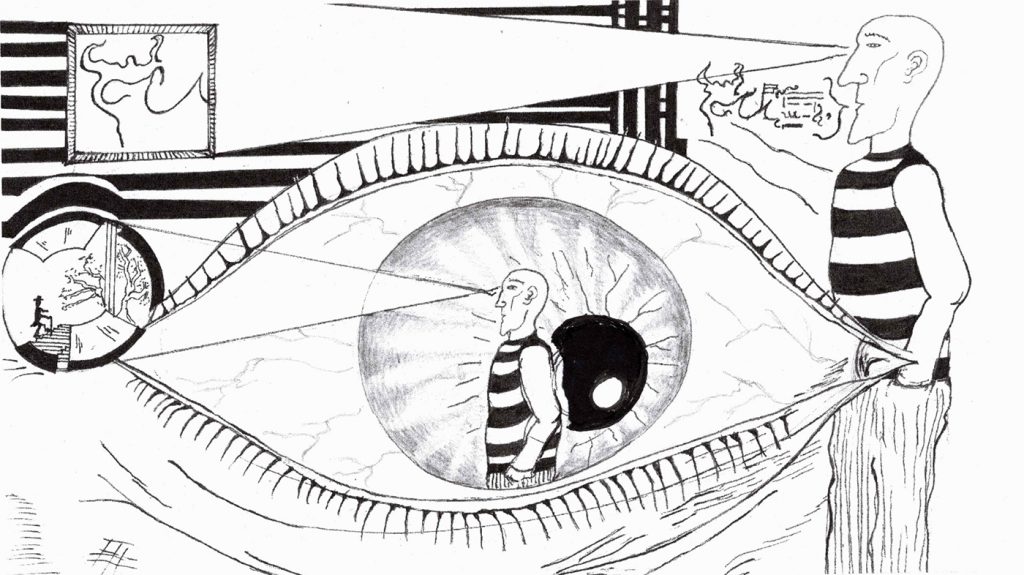To observe something without prejudice, without preconceived knowledge. To observe something in a way that emphasizes details, then seeks further focus on details and the specific expression of these.
Visual thinking Strategy has been developed by Philip Yenawine and Abigail Housen, the Director of Education at the MoMa (Museum of Modern Arts) in New York, and a cognitive psychologist at Harvard, respectively.
They developed a method for examining art within a theoretical frame of reference, yet based on a dialogue with each other purely from the standpoint of what each sees. This approach is founded on the conviction that each person can learn to look more carefully and think more clearly about what they see, and this without regard to their individual background or education. VTS has been consciously designed to stimulate growth. This approach and comparable training experiences are able to be used in a variety of situations and contexts.
Observation training using visual arts and paintings is comparable to the VTS approach. This method leads students to closely observe things and give specific expression to them. And here as well a teacher leads the conversation. Training experiences of this kind have been provided for personnel in the field of medicine and health care (including nursing staff and medical students), as well as those who provide security services. Research has shown that training these groups to observe what they see more closely leads over time to an improvement in the way they function on the job.
The work of Rudolf Arnheim in the area of gestalt psychology led him to study and describe the connection between visual perception and thought processes. In his enlightening view how we identify what we see is an act, an activity of our cognitive facilities. We think, ….meantime we are pondering what we actually see. This process of thinking that makes us conscious of our observations and helps us to express these observations in greater detail is very valuable, making us more efficient and competent in the performance of our duties regardless of the specific kind of work we do.
